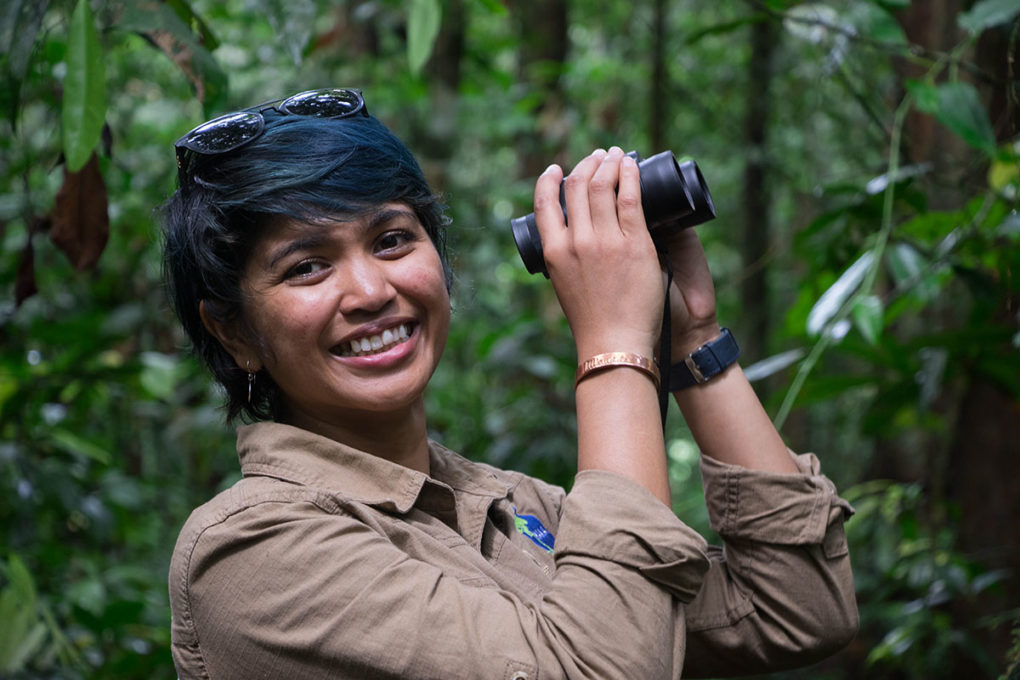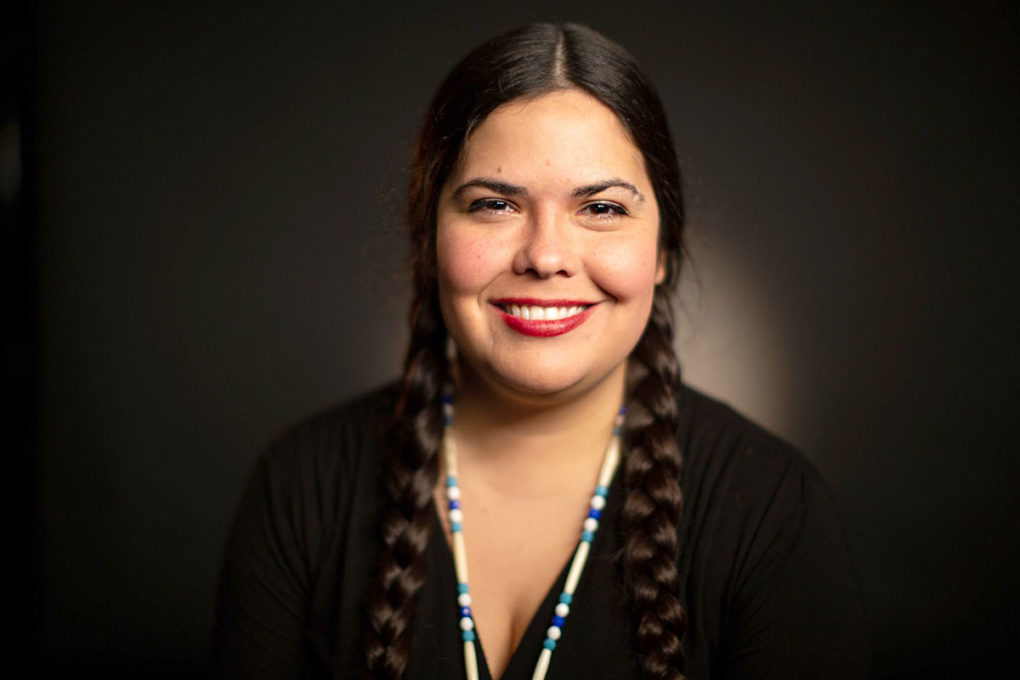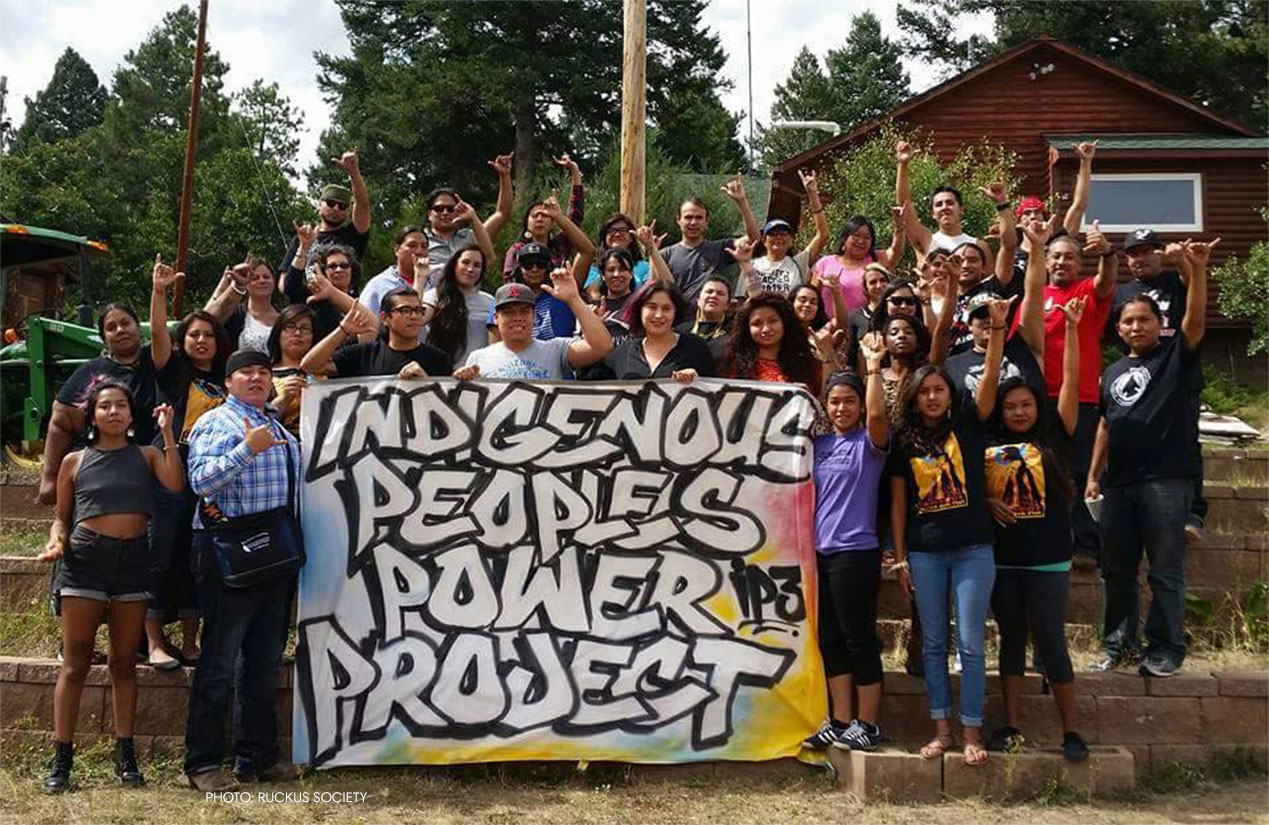2023 marks the 30th anniversary of our small grants program at Rainforest Action Network — Community Action Grants.
Community Action Grants provides critical and rapid funding — sometimes the very first funding — for people fighting for their own communities. CAG supports people protecting millions of acres of forest, keeping millions of tons of carbon in the ground, and protecting the human rights, land rights, labor rights and the right of self-determination for local communities across the globe.
To date, our grantmaking program has made more than one thousand grants totaling more than $6,500,000 to organizations on six continents doing critical work. This includes grantmaking in partnership with our longstanding allies at Global Greengrants Fund.
Donate to Community Action Grants
Global in Scope. Local in Impact.
Supporting Indigenous and frontline communities has always been core to our strategy at Rainforest Action Network. Indigenous and frontline communities are the best stewards of the world’s rainforests and the best organizers against climate change. History has proven this fact time and again.
Through the years, the global and programmatic scope of CAG grantmaking has been as wide as the work has been urgent. Indigenous activists stopping oil and gas drilling in the Copper River Delta in Alaska. A women-led coalition in Northwestern Liberia fighting plantations on community land. Mexican climate organizers holding demonstrations and workshops through Central and South America as they travel to COP20, the UN climate summit in Lima, Peru. A Bunin community-led mapping coalition in Indonesia to protect lowland rainforests from development and preserve habitat for critically endangered Sumatran elephants.
Building Trust
RAN launched this program to support communities bearing the first and worst costs of climate change and of the dominant model of economic development. From stolen ancestral lands to child labor to intimidation and corruption to lingering health impacts of devastated landscapes and water sources.
We also launched this program specifically in response to outdated grantmaking models built around external decision-making and exclusionary conservation practices. We still field questions from those wanting to preserve forests by sealing them off from the communities that lived in harmony with them for generations. “Can I buy an acre of rainforest to protect it? How much would that cost . . ?”
For Indigenous peoples and local communities, the dispossession of lands and exclusion from decision-making processes have been the unfortunate hallmark of far too many efforts in the name of protecting biodiversity and preserving landscapes. The principle of free, prior and informed consent for any activities undertaken on Indigenous land informs RAN’s programmatic work as well as our grantmaking efforts. In short, this means self determination and building trust with our partners is key to creating impact and positive change through our grantmaking.
A History of Support
Although the CAG program formally began in 1993, RAN actually began transferring funds to Indigenous activists as early as the 1980s. In some cases, we provided the first grant ever received by local activists. We have seen grantees become strong, independent and powerful non-profit organizations. And we have been proud to provide consistent support to growing regional movements.
With communities of color and women led-organizations traditionally receiving much fewer grants from traditional philanthropy, we have focused on doing what we can to support those communities.
RAN has been proud to be an early and consistent supporter to women visionaries who are leading the way to environmental and social justice on multiple continents, including:

Nemonte Nenquimo
An Indigenous Waorani woman committed to defending her ancestral territory, culture, and way of life in the Amazon rainforest.
From the traditional community of Nemonpare in the Pastaza region of the Ecuadorian Amazon, Nenquimo co-founded the Indigenous-led nonprofit organization Ceibo Alliance in 2015 to protect Indigenous lands and livelihoods from resource extraction. In 2018, she was elected the first female president of the Waorani organization of her region.
Nemonte led her people in an historic legal victory against the Ecuadorian government — protecting half-a-million acres of primary rainforest in the Amazon, setting a precedent for Indigenous rights across the region and was awarded the Goldman Prize in 2020.

Farwiza Farhan
Chairperson of Forest, Nature and Environment Aceh Foundation (Yayasan HAkA), a grassroots organization based in Aceh, Sumatra, Indonesia.
HAkA focuses on the conservation, protection and restoration of the Leuser Ecosystem — one of the most critical ecosystems on the planet. She has worked to increase meaningful access and involvement of local communities in the development of policy pertaining to their environment and livelihood. She was recognized with the Whitley Award in 2016.

Tara Houska
Founder of the Giniw Collective and the former campaign director of Honor the Earth.
A member of the Couchiching First Nation, Tara was born and raised in International Falls, Minnesota. She has been on the frontlines of the Dakota Access Pipeline protest in North Dakota and fight in Minnesota against Enbridge’s Line 3 tar sands pipeline. She has played a lead role in convincing major banks to divest from pipeline ventures.
Elevating Frontline Voices
RAN also supports those amplifying the voices of Black, Indigenous and People of Color community members. Often on the front lines of extractive industries and deforestation, BIPOC communities are leading pipeline fights, opposing mining projects, raising the alarm on toxic leakages, and more.
Asociacion de Raíces Indígenas Amazónicas Peruanas (ARIAP) was founded in 2017 by and for Indigenous people in the Peruvian Amazon. Their radio program has been a critical tool in unifying the 130 Shipibo-Konibo communities and promoting Indigenous language revitalization. They also report on uncovered stories, such as potential disastrous fossil fuel excavation on their lands.
The Hakhu Fundacion Amazonia began after the Indigenous women’s mobilization in 2016 where more than 500 women marched calling for protection of their territories and rights. In addition to the sustainable income projects, Hakhu works to foster a creative voice for Indigenous people through developing storytelling and filmmaking skills, including comprehensive filmmaking retreats and workshop where artists from Amazonian Indigenous communities come together creatively, share their individual experiences with trauma and resistance, heal collectively and use their inspiration to create visual stories.
RISE St James is a faith-based grassroots organization formed to advocate for racial and environmental justice in Louisiana. They are opposing the Taiwan-based Formosa Petrochemical Corporation’s $9.4 billion chemical manufacturing complex — including a counter PR campaign linking Formosa to rising cancer rates, destroyed home values, respiratory problems, and more flooding.
Building Movements
RAN has supported long term grassroots movements that make incredible progress against enormous odds. One example is the consistent support to groups defending the Brazilian Amazon.
The rights, lives, and territories of Indigenous and forest peoples faced constant attack under the Bolsonaro administration in Brazil, starting in 2019. Communities faced efforts to invalidate Indigenous land claims via the Supreme Court, weakening the National Indigenous Peoples Foundation (FUNAI), and planned mining on Indigenous lands. There have been increases in deforestation, human-made fires, and invasions of Indigenous lands. In response, there have been three Indigenous Women’s Marches led by Articulação Nacional das Mulheres Indígenas Guerreiras da Ancestralidade (ANMIGA) and the annual Free Land Camp, or Acampamento Terra Livre (ATL), led by Articulação dos Povos Indígenas do Brasil (APIB), all of which have been supported by our CAG program.
The election of Luiz Inácio Lula da Silva as president in 2023 brings hope. Indigenous peoples are getting a greater voice in the decisions over their lives and territories. As part of this transition, long-term Indigenous leader Sonia Guajajara was appointed as the first minister for the newly created Ministry of Indigenous Peoples. Joênia Wapichana, the first Indigenous congresswoman in the country, was appointed by Lula to be the president of FUNAI, the main government body for Indigenous affairs. Never before in Brazil’s history has an Indigenous woman presided over FUNAI or assumed a ministry.
Lula’s announcement in May to formally recognize six Indigenous Lands also marked a historic milestone. In September, the ANMIGA-led Indigenous Women’s March organized thousands of Indigenous women from all six Biomes in Brazil — culminating in a march to Congress to deliver demands around Indigenous women-led strategies to defend and protect traditional territories.

